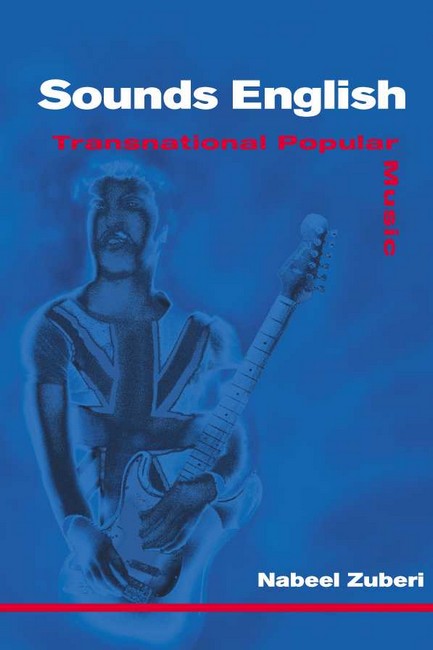Popular music culture serves as an arena for debates on English and British national identity in this lively discussion of English popular music of the 1980s and 1990s. Against the background of his own upbringing as a Pakistani Brit, Nabeel Zuberi deftly combines a detailed account of the development of this music with a sophisticated assessment of its relation to the politics of cultural identity in Britain. Zuberi looks at how the sounds, images, and lyrics of English popular music generate and critique ideas of national belonging, recasting the social and even the physical landscapes of cities like Manchester and London. The Smiths and Morrissey play on romanticized notions of the (white) English working class, while the Pet Shop Boys map a ''queer urban Britain'' in the AIDS era. The techno-culture of raves and dance clubs incorporates both an anti-institutional do-it-yourself politics and emergent leisure practices, while the potent mix of technology and creativity in British black music includes local conditions as well as a sense of global diaspora. British Asian musicians, drawing on Afrodiasporic and South Asian traditions, seek a sense of place in Britain as commercial interests try to pin down an image of them to market. Sounds English shows how popular music complicates cherished notions of Englishness as it activates cultural outsiders and taps into a sense of not belonging. Alert and readable, Zuberi's wide-ranging discussion includes the performers Oasis, Blur, Tricky, Massive Attack, Goldie, A Guy Called Gerald, Roni Size, Bally Sagoo, Fundamental, Echobelly, Cornershop, Talvin Singh, and others.

